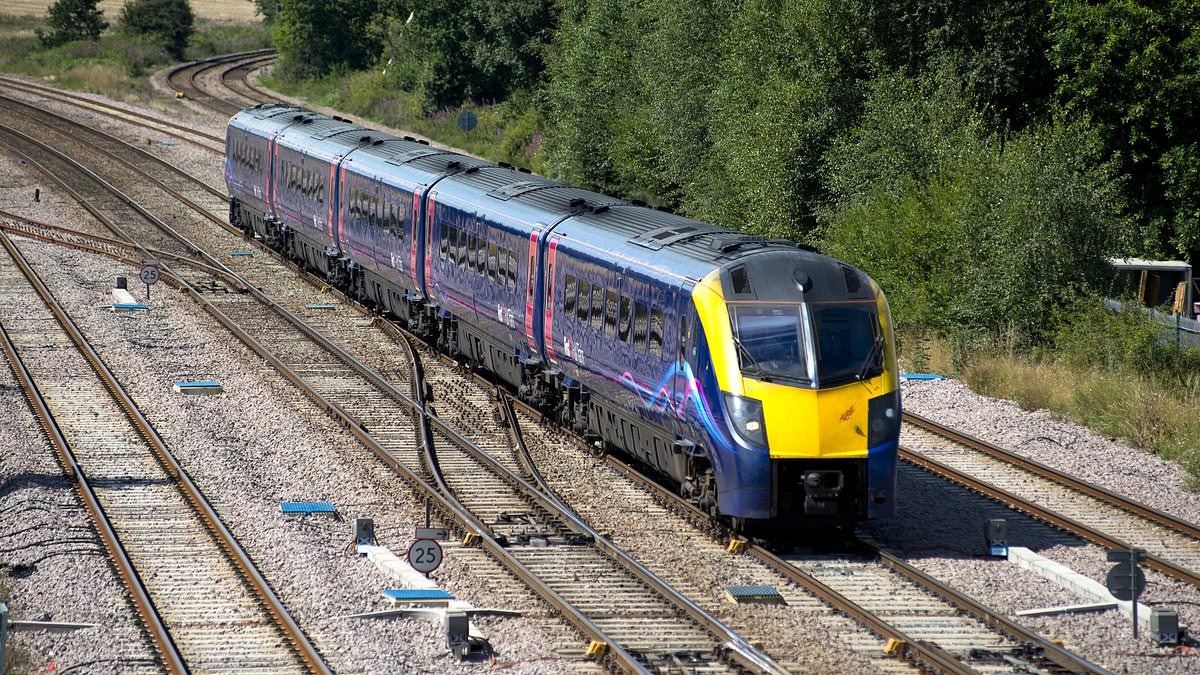
The potential for a 5.5% increase in England’s train fares next year has been labeled as ‘outrageous’ by public transport advocacy groups. The projected hike comes as the Retail Prices Index (RPI)—a key measure of inflation and a determinant for fare increases—is set to be revealed this Wednesday.
Rising Fares Likely to Burden Passengers
Banking group Investec has forecast this year’s July RPI figure to be 4.5%, paving the way for a fare increase of up to 5.5%—a full percentage point higher than RPI, mirroring last year’s precedent. Public transport advocacy groups like Railfuture have openly criticized such a move.
Bruce Williamson, spokesperson for Railfuture, condemned the potential fare hike: “It’s outrageous and unjustifiable. Raising fares above inflation not only rips off customers but could also drive commuters away from trains and onto already congested roads, which benefits no one.”
Calls for a Freeze in Train Fares
Many believe this situation presents a chance to introduce affordability reforms. Williamson expressed his support for freezing fares, stressing that nationalizing train operators should lead to efficiencies and savings: “A more integrated railway system should result in cost reductions. However, these savings often end up absorbed by the Treasury instead of benefiting passengers.”
Nationalization and the Public’s Expectations
Public sentiment around fare increases ties into broader discussions about the government’s upcoming public sector body, Great British Railways. Ben Plowden, Chief Executive of Campaign for Better Transport, emphasized the importance of making rail travel more affordable to maintain support for nationalization efforts.
According to Plowden, their survey revealed that 71% of respondents would use trains more frequently if fares were cheaper. He added, “Rising fares are burdening passengers and discouraging rail travel. Great British Railways must seize this opportunity to reform fare structures and attract more people to the rail network.”
Government Responds to Criticism
A spokesperson for the Department for Transport (DfT) confirmed that details about regulated fare cap changes for 2026 will be provided later in the year. Transport Secretary Heidi Alexander has prioritized restoring the reliability of the railway system. The department stated, “No decisions have yet been made about next year’s fares. Our aim remains striking a balance between affordability for passengers and taxpayers.”
Currently, regulated fares—governed by the UK’s Westminster Parliament or devolved administrations in Scotland and Wales—constitute approximately 45% of rail prices. These include season passes for commuter routes, certain off-peak tickets for long-distance journeys, and flexible travel tickets around metropolitan areas.
This ongoing fare debate has underscored the challenges of balancing cost-efficiency while maintaining public support and accessibility for rail travel—a vital component of the UK’s transport ecosystem.






